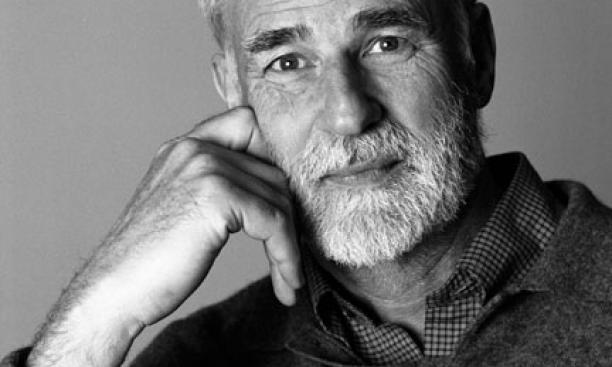



Dutton published The Little Book in August after stirring prepublication buzz leading up to the book’s official release. Publisher’s Weekly called it “a sweet, wistful elegy to the fantastic promise and failed hopes of the 20th century.”
Edwards, 65 when Dutton bought the manuscript in 2007, was floored. He had all but resigned himself to accepting that he was “not a good enough novelist to make [my story] work.”
Even with all the ups and downs of trying to get the novel published, Edwards, a retired English teacher and headmaster, never lost his passion for the writing process and his story. The plot finds rock musician and history aficionado Wheeler Burden magically transported from 1988 San Francisco back in time to 1897 Vienna, where he meets his father, World War II hero Dilly Burden. Wheeler also meets his grandparents and a mentor from his Boston prep school.
The main characters are in Vienna for different reasons and at different ages — Wheeler’s grandmother, at age 22, has come to study and write about music; his father, in his late 20s, has willed himself back to encounter the child Hitler; and Wheeler, at age 47, gets to know the father he never knew in “real life” and keeps a journal that eventually will become the property of his grandmother and ultimately change her life. Along the way, Freud is discovering his Oedipus-complex theory, Mahler is conducting symphonies, and anti-Semitism is building up steam. Life in The Little Book is circular and looping — people and events seem to be related no matter what happened in chronological time.
Though his novel caused a stir in the publishing world, and a movie agent is shopping it around, Edwards is still churning out his column for PAW. And he’s begun his next novel, which will pick up where The Little Book left off — with Wheeler’s grandmother returning to the United States, with his journal in hand.
No doubt it won’t take another 30 years for that tale to see the light of day.